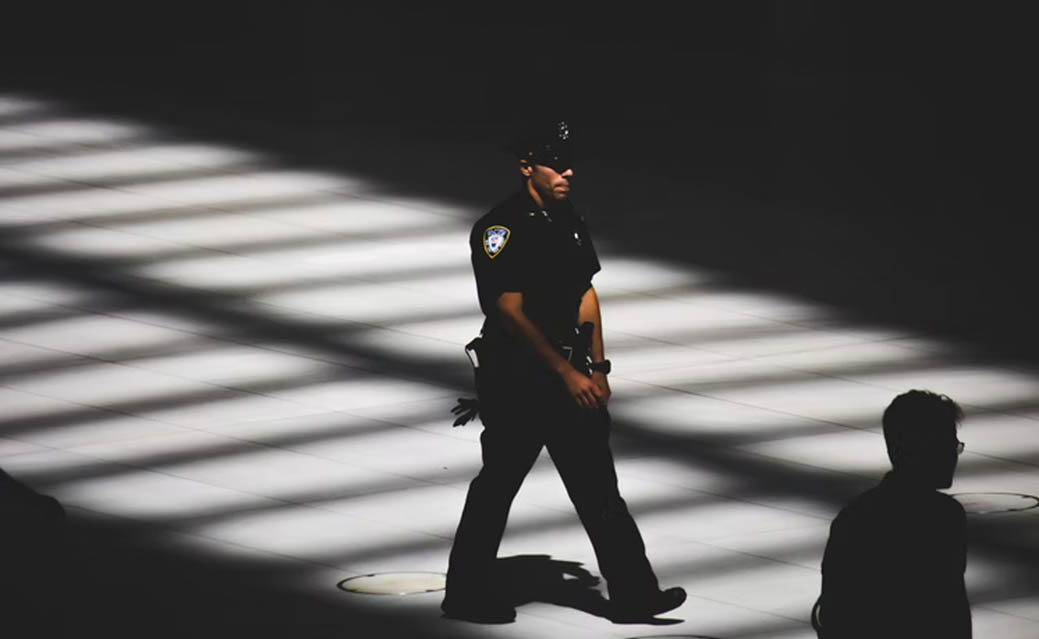Scholars Strike Canada: A three-day protest against policing and carcerality
Professors Beverly Bain and Min Sook Lee organize their second labour action to address issues of policing on campus and introduce ideas of abolition and defunding.
Scholars Strike Canada (SSC) hosted another major labour action on March 21 to March 23 to address carceral systems while advocating for the abolishment and defunding of police. The three-day labour action consisted of two days of virtual teach-ins, as well as a public gathering in Toronto called Reclaim! Abolition Tour 2022.
On their website, SCC states their goal to “Defund, Demilitarize and Abolish Police, Prisons and All Forms of Carcerality.” Among many demands, the organization asks for all police forces to be defunded by at least 50 per cent, with resources being shifted to community-based groups.
The specific date of March 21 was meant to commemorate the 1960 Sharpville Massacre, where 69 protestors were killed after police officers in a black township in South Africa opened fire against peaceful protesters.
This was the second time that SSC has carried out their major labour action. Over the course of two days, virtual teach-ins were conducted by activists, scholars, and students, with the final day being a protest held in downtown Toronto named “Day of Action.”
Beverly Bain, a Women, Gender, and Sexuality Studies professor at the University of Toronto Mississauga (UTM), and Min Sook Lee, a Faculty of Arts professor at OCAD University, established SSC in September 2020 with the purpose of addressing and protesting the consistent number of police killings and violence against racialized communities in North America and elsewhere. In Canada, during 2021, there were a multitude of recorded police shootings, with Indigenous Peoples making up a majority of the 64 confirmed shootings.
The two activists feel it is important to bring attention to these issues. According to a brief email interview with Bain, “It is impossible for those of us who are scholars, students, and activists to remain silent as the lives of so many of us continue to be further imperiled through militarization, war, incarceration and carcerality,” she shares with The Medium.
March 21 was the first day of virtual teach-ins. A total of six teach-ins were presented on that day, which involved poetry, political discussion, and conversation regarding various topics. These included discussions on society’s relationship with natural resources, the rise of prejudice, and the emergence of alt-right movements.
Furthermore, some of the primary topics of discussion included “Imagining a Police-Free U of T” and “All Prisoners are Political Prisoners.”
The March 22 virtual teach-ins prompted various discussions. The first teach-in, “Policing the Pandemic,” invited discourse on police powers in the pandemic as well as racism present during the enforcement of public health measures. The last teach-in titled “The Backlash to Police Defunding and Abolition” featured Canadian activists, such as author Demond Cole and activist Kara Passey, who witnessed the backlash to police abolishment movements in their regions including Nunavut, Manitoba, and Prince Edward Island.
The final day, March 23, featured a walking trip through historically significant landmarks and places where speakers connected their history to current issues. Alexandra Park, surrounded by Dundas Street West and Bathurst Street, and Queens Park were just a few of the many sites that were visited during this tour.
SSC has been met with support by multiple scholars and universities in Canada. In September 2020, @YorkULions tweeted their support with a message from their Athletics & Recreation Executive Director, Jennifer Myers. “We stand in solidarity with all academics, scholars, and individuals who work in academia in support of the Scholars Strike in Canada,” Myers writes.
In the same year, @QueensUHealth also tweeted, “On Sept. 9 & 10, @QueensUHealth is recognizing Scholar’s Strike Canada in the fight against anti-Black Racism & police violence against BIPOC people.”
Since then, the support for SCC has continued to emerge as a movement gaining the attention of numerous universities and organizations—even leading toward a second strike in 2022.
SCC has demonstrated a clear concern toward policing and placed pressure on these structures to better address matters of racism. With the support of various individuals and organizations, SCC will continue to advocate for the rights of marginalized groups while inviting discussions from all people and fostering space for discourse among community members.

